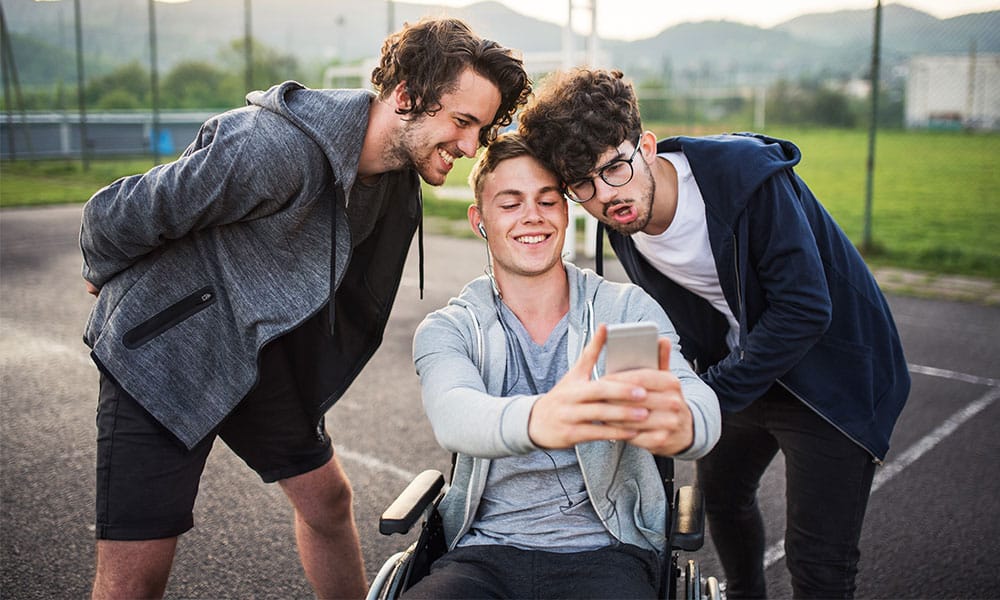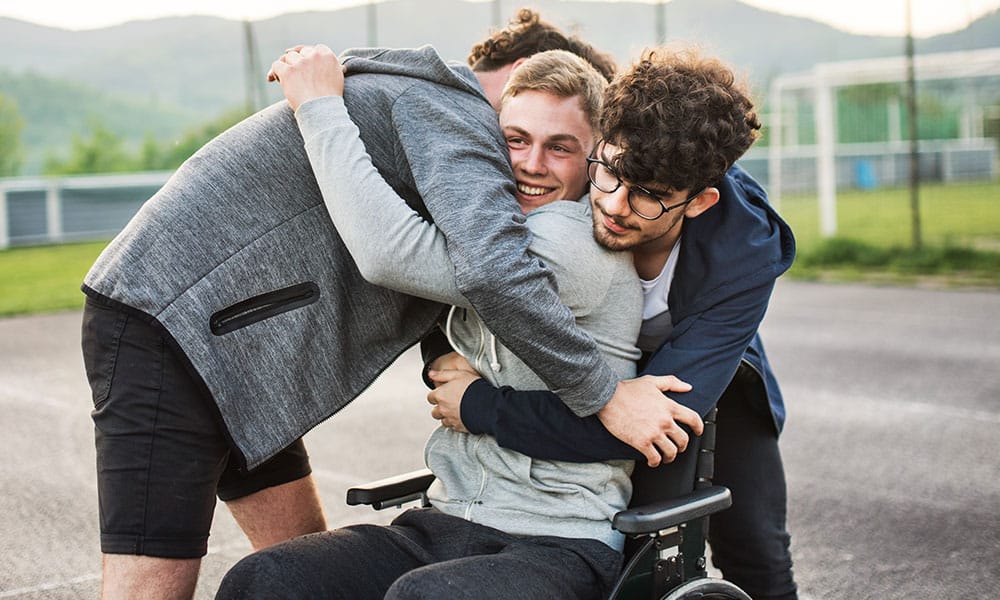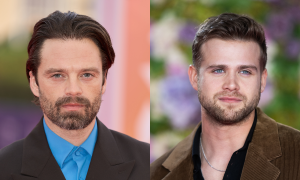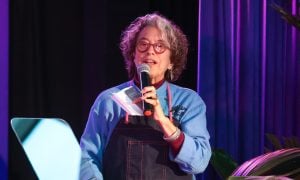Disabled LGBT+ young people face a battle just to be taken seriously.
As young people navigate adolescence, they ask questions about their sexual attractions and how they understand gender. If they are fortunate, they have access to sex and relationship educators or mentors and support networks. But my research with young people who identify as LGBT+ and disabled shows that they are often treated as though their gender or sexuality is just a phase.
In my research looking at the experiences of young people aged between 16 and 25, we’ve seen how harmful this approach can be. Not recognising that young disabled people can be LGBT+ can reduce their ability to have fulfilling sexual lives. It also reduces the chance that they will receive appropriate help and support in relation to their sexuality or gender throughout their lives.
Related | Why You May Want to Rethink Monogamy
Seeing sexuality or gender as a phase is not new. But for the young people we work with, it comes as a result of misconceptions about their disability, sexuality and their age. As one young person put it, with regards to their disability:
I do sometimes think that my mum thinks my whole mental health issues and my autism…I think she hopes it’ll go away, she goes on about me getting a job which makes me feel even worse. It makes me feel panicky. It makes me feel like she wants a better child than I am, like I am not good enough because I don’t want work.
These ideas about disability often work alongside misconceptions about sexuality. One young person explained how being gay was “blamed” on their disability. They felt that people think you are LGBT+ “because you are ill or have autism”.
In addition to confusion about disability and sexuality, young people reported challenges due to their age. One interviewee was told to hold off on identifying in one way until they’re older and more mature; “so that you know for sure, so it gives you time”.
Related | Why I joined the 500 Queer Scientists Initiative
These reactions suggest that there is resistance to young disabled people identifying as LGBT+. There seems to be a perception that young disabled people cannot understand LGBT+ sexuality. But the stories the young people told me show a long process of working to understand sexuality and gender. Such decisions were not trivial or a result of trends.

Getty Images
It’s not a phase
Labelling sexuality as a phase suggests that it is something through which one will pass, emerging on other side as heterosexual. This frames anything other than heterosexuality as being flawed and suggests that there is something undesirable about being LGBT+. One young person said that they thought being “LGBT in the heterosexual world is a bad thing”. As a society, we appear to be more accepting of LGBT+ identities. Yet not for young disabled LGBT+ people who are seen as non-sexual and unable to understand what LGBT+ means.
We need to think about sexuality and gender as part of life and not a passing moment. This is important because young disabled LGBT+ people need appropriate support. Labelling their sexuality as a phase denies them access to information and support as their sexuality is not seen as being valid. They may suffer physical and mental violence and discrimination because of who they are, and are left to fight on their own because no one recognizes them for who they are.
Related | How Does Your Body Burn Fat?
In order to work against societal attitudes and misconceptions, we need to listen to the experiences of young disabled LGBT+ people and understand that they are experts in their own lives. Dismissing sexuality as a phase says a lot about societal attitudes towards what it means to be young, disabled and LGBT+. Yet most importantly, such reactions have a direct impact upon the intimate lives of young disabled people as they work against such challenges to make sense of who they are.
Alex Toft is a Research Fellow in Children and Families Research at Coventry University.
This article was originally published on The Conversation. Read the original article.







